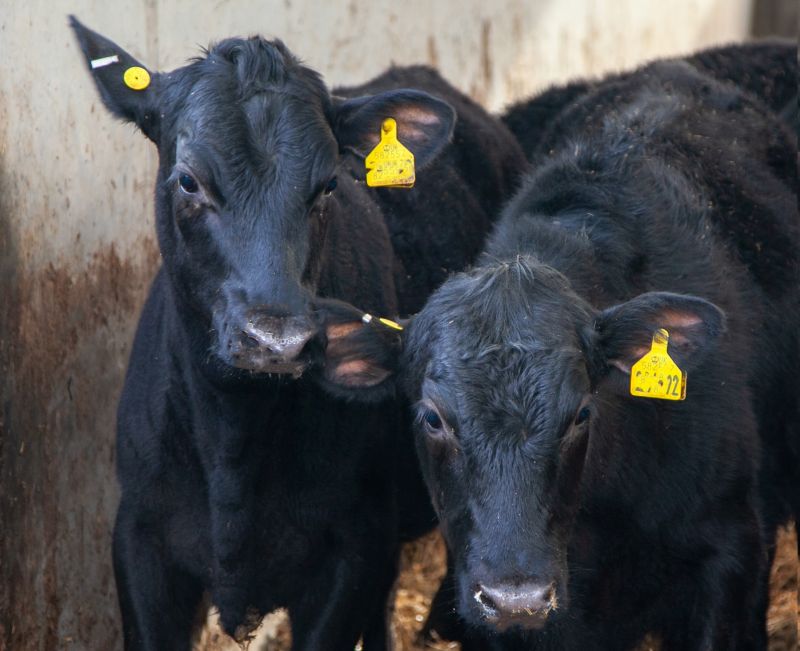
Aldi has announced a new way of sourcing Scotch beef with an aim to provide a long-term and economically sustainable solution for farmers.
The retailer has developed the new Beef Cross Dairy Supply Chain model in the hope of providing a long-term solution for the sector.
It will integrate the dairy and beef supply chains from farm to retailer, and give farmers a guaranteed price per kilogram for Scotch Aberdeen Angus beef over each 12-month period.
Led by Aldi in partnership with Scotbeef, G Barbour & Company, Harbro and Genus ABS, it is believed to be the first end-to-end contracted integrated scheme of its kind in Scotland where a farmer, processor and retailer are working together collaboratively.
Richard Barbour, of G Barbour & Co, beef farmers based in Dumfries & Galloway, said it is a positive development for the industry.
“Over recent years the Scottish beef industry has experienced severe price pressures, with many cutting livestock numbers or even exiting the industry all together.
“By guaranteeing a fixed price per kilogram for the beef we produce each year, it will allow us to forecast further into the future and provides more certainty going forward.
“By taking away pricing volatility, Aldi’s Beef Cross Dairy Supply Chain model reinjects an element of certainty and confidence into what is such a crucial industry for Scotland,” he said.
The model uses Aberdeen Angus beef cross dairy calves. Dairy cows must give birth to one calf annually in order to produce milk and this model uses local dairy cows, which have been artificially inseminated by an Aberdeen Angus bull, to produce an Aberdeen Angus beef cross dairy calf.
In the new model, Mr Barbour will buy Aberdeen Angus sired calves from a select group of local dairy farmers, which will then remain on his farm for the rearing, growing and finishing stages of beef production, before being sent to Scotbeef’s abattoir at Bridge of Allan.
It comes as Scottish beef farmers and producers continue to experience depressed prices.
In the last year alone there has been a sizeable reduction in the wholesale price of beef which, combined with uncertainties around future support payments for the industry, has forced some farmers to consider their future in the industry.
